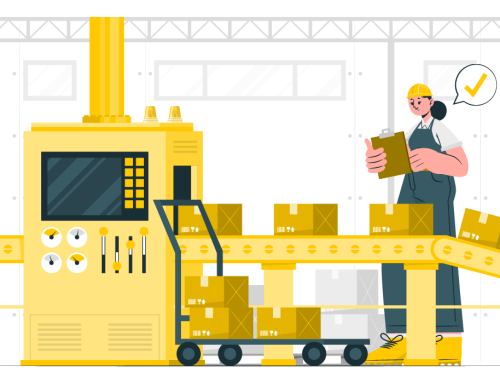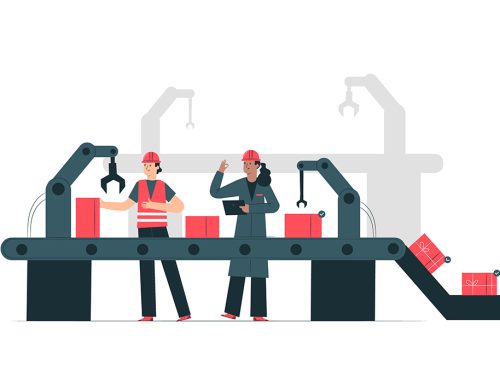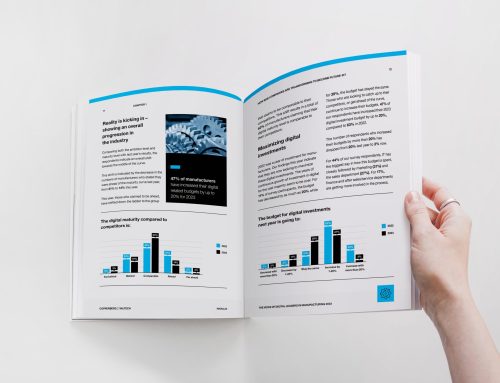The economic and political uncertainty that has been induced by Brexit continues to harm the manufacturing industry in the UK.

Author Muge Hizal Dogaroglu | Copperberg

According to the monthly snapshot from IHS Markit and the Chartered Institute of Procurement and Supply, UK manufacturers have recorded the sharpest drop in factory output for seven years.
The main reason behind the drop is predicted to be EU-based companies’ strategies to cope with a potential no-deal Brexit such as avoiding British manufacturers and rerouting supply chains away from the UK . An article by The Guardian said that the Japanese carmaker Toyota has drawn up a plan to halt production at its factory in Burnaston, Derbyshire, in anticipation of disruption to deliveries of parts as part of preparations for Brexit.
The article also reported that “fears over manufacturing jobs have started to rise as Brexit drags down the UK economy and global growth slows. Manufacturing employment fell at one of the fastest rates in six and a half years in August, with job cuts driven by cost-saving plans, slower economic growth and the continued impact of Brexit uncertainty.”
It seems like the manufacturing industry worldwide has fallen into recession due to economic and political crises that loom over the globe; the US-China trade war between the world’s two biggest economies and Brexit which affects companies throughout Europe. The manufacturing companies in Europe are already struggling with keeping up with increasing customer demands which require them to invest in disruptive technologies. And a recent Copperberg research study on innovation showed that some companies are refraining from investing in new technology due to unpredictable economic and political conditions. Therefore, it is highly possible that the recession will only grow as a result.
The question is… what will happen next?





























